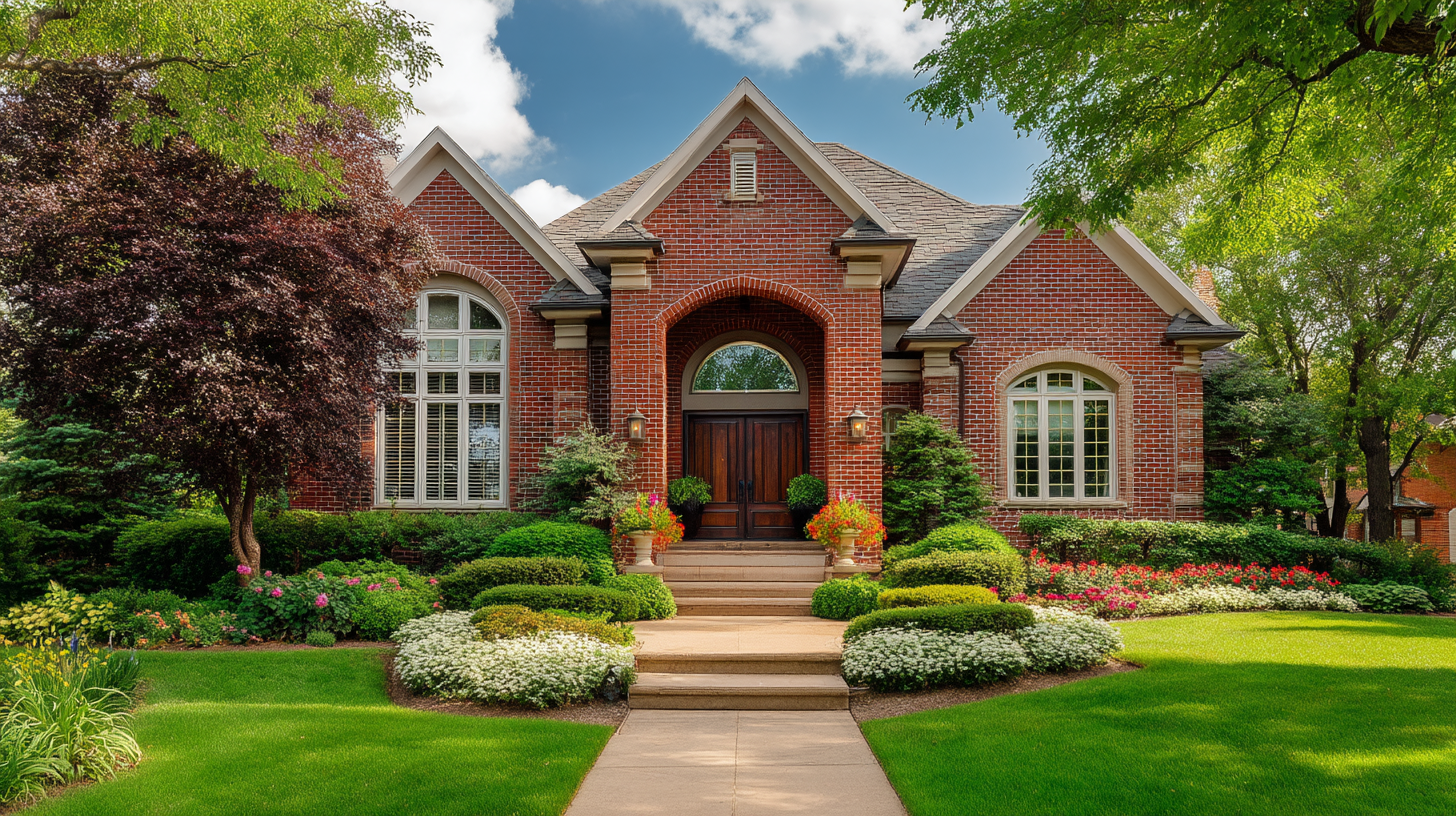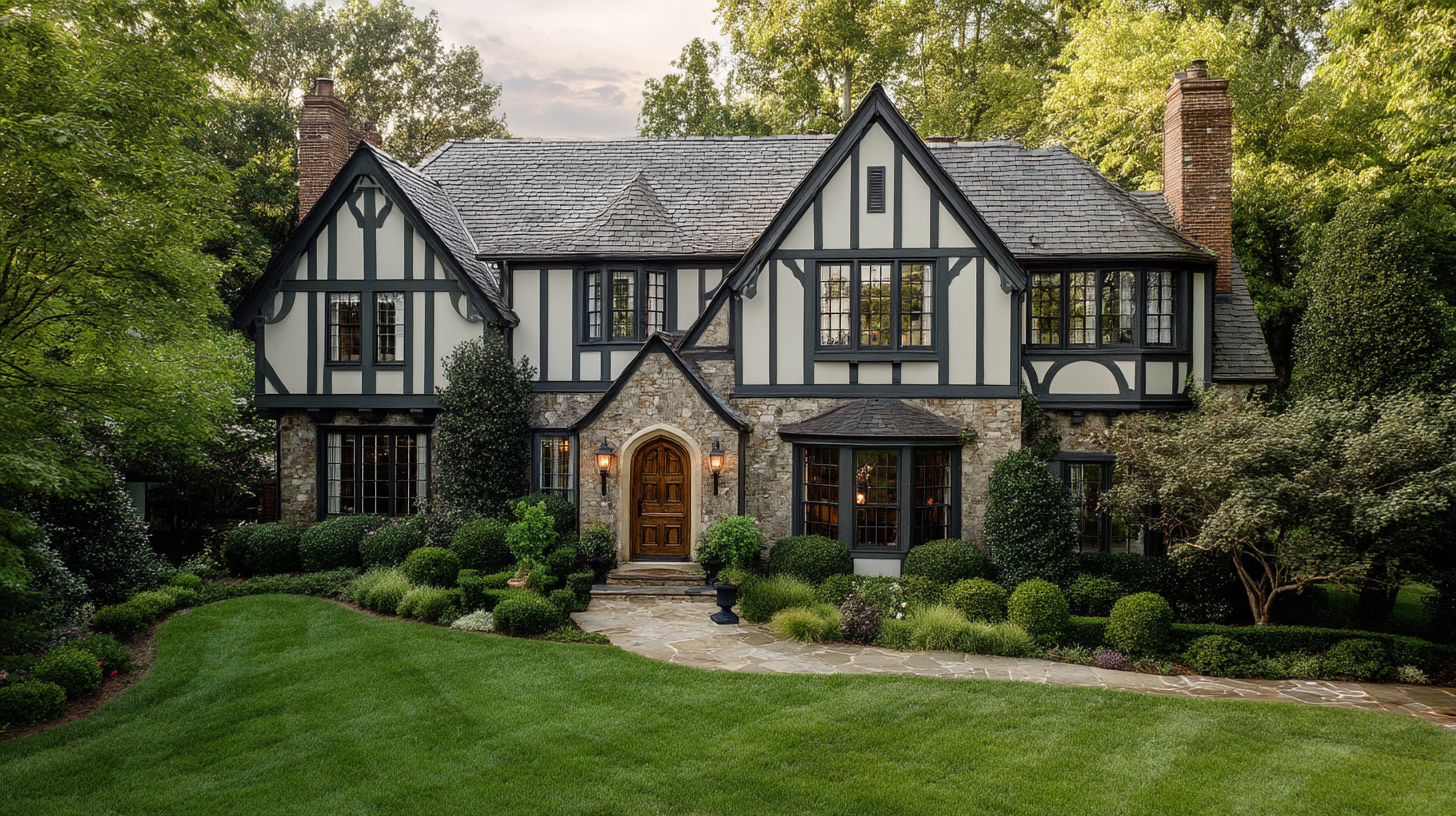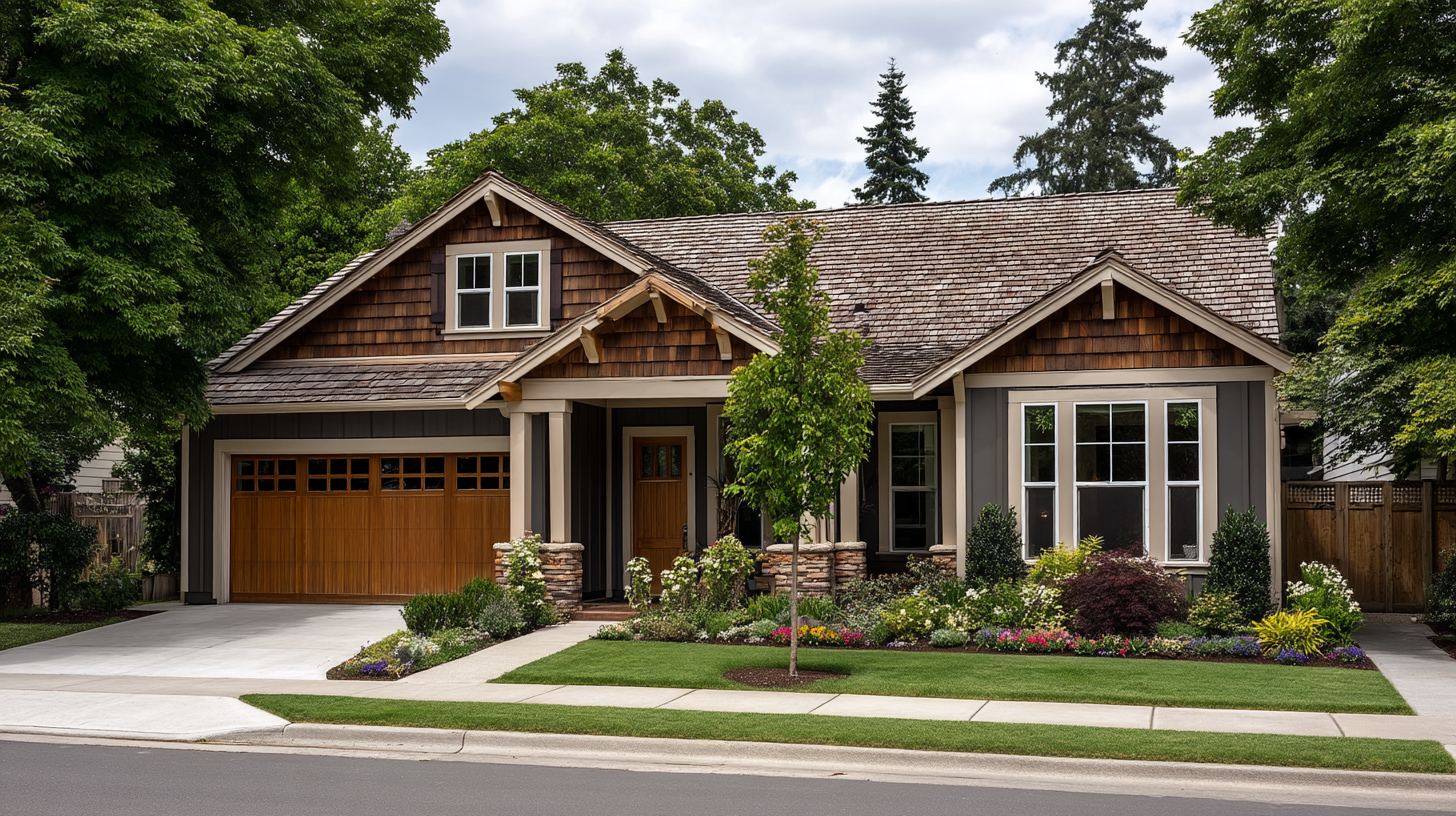Best Time of Year to Sell a House (2025 Guide for Homeowners)

When you decide to sell a house, knowing the best time of year to sell a house can make a big difference in your outcome. Whether you want to sell quickly, maximize market value, or capture higher buyer demand, timing plays a major role. But your personal circumstances also matter. In this guide, we’ll explore what the data says about seasonal trends in the real estate market, how market conditions shift, and how you can still aim for a successful sale no matter when you list.
Why Timing Still Matters in the Real Estate Market
The real estate market is never static. Over the course of a year, real estate trends sway between favoring sellers or favoring buyers. Understanding seasonal cycles gives you an edge. In a strong seller’s market, there are more motivated buyers, higher prices, and less time on market. In a buyer’s market, fewer buyers are shopping, so competition among sellers intensifies, and prices tend to soften.
Even if you're dealing with urgent needs to sell, due to relocation, inheritance, financial stress, or other personal circumstances, knowing the seasonal patterns helps you pick the right moment or adjust your strategy to sell quickly. You won’t get perfect timing sometimes, but you can still tilt the odds in your favor.
What Recent Data Says About Timing in 2025

The “Best Week” of 2025: April 13–19
According to national data, the week of April 13–19, 2025 is projected to be the optimal selling window across most markets. Listings during that week historically have achieved higher sales prices and a higher median sale price, received more views from potential buyers, and sold faster while facing less competition from other new listings.
Specifically, the data shows:
- Listings tend to get 17.7% more buyer interest (views) than typical weeks
- The average home sells about 9 days faster during that week compared to average weeks
- Inventory is lower, meaning fewer homes compete against you, giving you a better chance to attract buyers
While no week can guarantee success, it offers a strong opportunity, especially in a tight or balanced housing market.
Spring and Early Summer Remain Strong
Multiple reports agree: spring and early summer are consistently the best time of year to sell a house. Homes listed in April and May frequently command a seller premium over listings in slower seasons. In many areas, May is considered the best month to sell, thanks to more buyers, pleasant weather, and buyer urgency linked to the school year.
Homes listed in late May can outperform other months by an average of 1.6% in price, and properties tend to go under contract faster. This aligns with seasonal buying behavior, as buyer demand peaks in spring and holds strong into early summer, when buyers tend to be most active in their house hunt.
Timing vs Macro Challenges in 2025
While seasonal advantages remain, 2025 brings additional challenges. Mortgage rates remain elevated compared to historical norms, making affordability a major concern. High borrowing costs are softening buyer demand, which in turn can reduce selling prices in some areas.
The national average time to sell has risen. Homes are now staying on the market longer than they did during the pandemic boom. That means even in spring, proper pricing and preparation with help from a skilled real estate agent are essential for a successful sale. Timing helps, but strategy matters more than ever.
Seasonal Breakdown: What to Expect in Each Season

Spring (Early Spring Through Early Summer)
Advantages:
- Buyer demand peaks, with many buyers actively house hunting
- Homes look better with stronger curb appeal
- More natural light makes open houses more inviting
- Families plan moves around the school year, increasing urgency
- Less competition early in the spring before many sellers list
Risks to Watch:
- Inventory rises by late spring, and many sellers enter the market
- Delays in preparation can cause you to miss the best season
- Interest rates may shift unpredictably
House spring listings often see more serious buyers and quicker sales, especially when homes are priced right and staged well.
Summer
Pros:
- High buyer activity continues in early summer
- Favorable weather conditions make showings easier despite some weather challenges
- Relocation and lifestyle changes fuel activity
- Curb appeal remains strong
Cons:
- Summer vacations can reduce weekend traffic
- Hotter months may reduce energy for house hunting
- Oversupply may lead to stiffer competition
Summer is still a viable time to sell a house, especially if you missed the spring window. With the right approach, you can still reach motivated buyers.
Fall (Early Fall Window)
Pros:
- Buyers who missed out earlier are still active
- There’s generally less competition from other listings
- Weather in many regions remains favorable for open houses
Cons:
- The holiday season begins to creep in, distracting buyers
- Days get shorter, which reduces evening showings
- Many buyers are less willing to close in the final quarter of the year
Early fall can be a strategic time for sellers who prepare quickly and appeal to buyers who want to close before winter.




